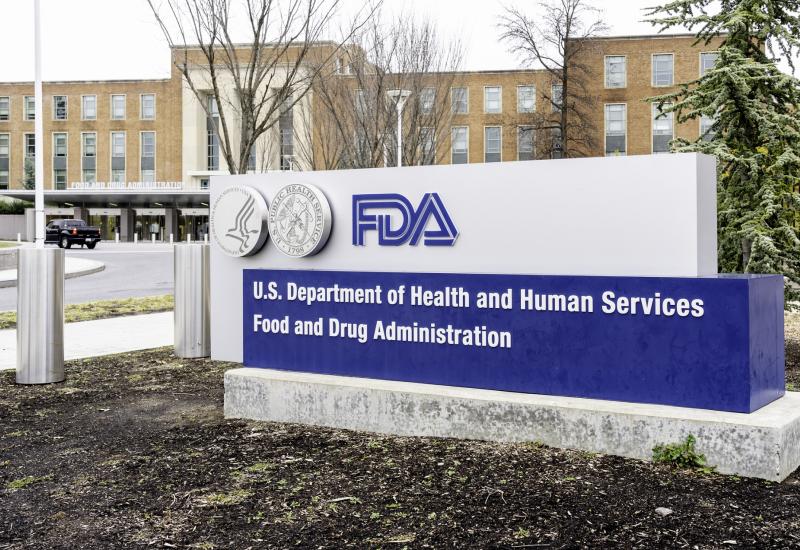
Bristol moves to leapfrog Merck

With Merck & Co taking a relatively cautious route to getting subcutaneous Keytruda to the US market attention has fallen on Bristol Myers Squibb, which yesterday filed SC Opdivo with the FDA. The application, based on the unexpectedly positive results of the phase 3 Checkmate-67T study, seeks a green light for all solid tumour indications in which IV Opdivo already has adult approval, and the FDA has assigned a 28 February 2025 action date. SC Opdivo uses Halozyme’s hyaluronidase technology, and a syringe and vial format, after an autoinjector formulation was abandoned. For its part Merck is focusing on SC Keytruda based on hyaluronidase tech licensed from Alteogen, but two phase 3 studies won’t end until later this year. Also relevant here is Roche’s SC Tecentriq – this also uses Halozyme’s tech – which has secured an EU nod but hit manufacturing problems as a result of which its 15 September 2023 PDUFA date was missed. Roche later revealed that its filing would need to be resubmitted, aiming for approval in 2024, but hasn’t said whether this was done. The Swiss firm had once touted a one-year lead over subcutaneous PD-(L)1 competitors, an advantage now being chipped away.
1837













